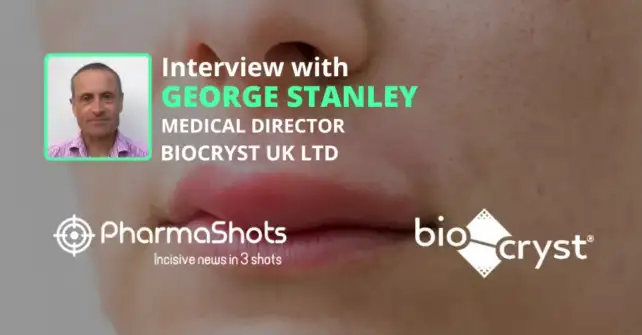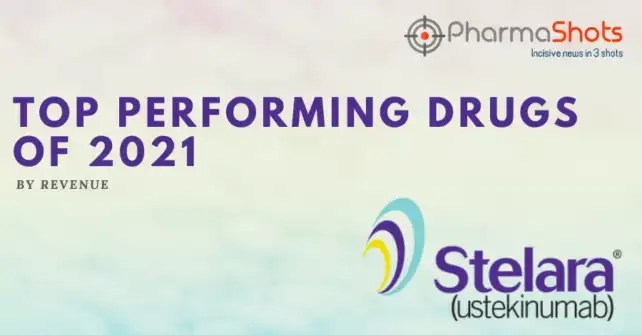Shots:George spoke about the 96-week data from the P-III APeX-2 trial evaluating BioCryst’s lead candidate in Hereditary Angioedema (HAE) He also talked about various patient support programs from BioCryst to help patients with self-management of their HAEThe interview gives an understanding of BioCryst’s vision to develop medicines that treat rare diseases for unmet…




